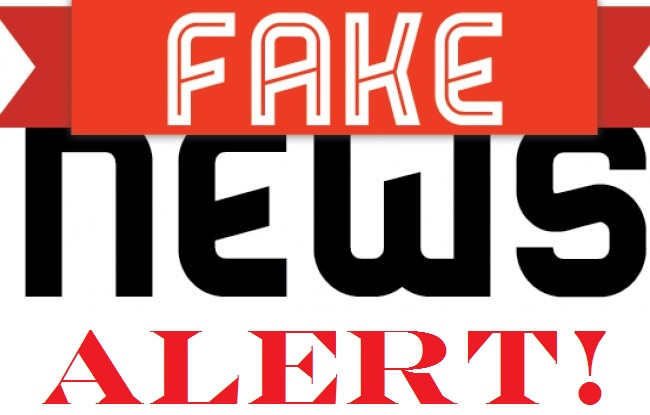Social media and technology companies have emerged as major culprit of the 2016 American elections for allowing publication and promotion of ‘fake news’. For sometime journalists and media researchers have warned and argued against the increasingly influential role that technology companies are playing in determining journalistic decision within the mainstream media.
Emily Bell, a journalist and journalism professor for digital journalism at Columbia University Graduate School of Journalism has warned that “Facebook has swallowed”, while Jemima Kiss, head of techno at the Guardian has called Facebook a “giant that might eat us”.
This time ‘fake news’ has grabbed the headlines because of the surprise victory of Donald J. Trump who beat Hillary Clinton in the presidential race, against all the media projections and opinion polls. Post election period is always for postmortem – reflecting on national gains, loses and future prospects. Worries if not fears about ‘fake news’ its impact on issues of national concern are justified.
The good thing though is that the concern about ‘fake news’ does not underplay the importance of journalism in democracy, it only emphasizes the crucial role journalism play in promoting and safeguarding democratic values.
Barack Obama may be right to feel vindicated about this issue. Interacting with political reporters in March this year, the outgoing US president reminded reporters that the job of a political reporter is “more than just handing someone a microphone. Our democracy needs you more than ever … So I believe the electorate would be better served if your networks and your producers would give you the room to cover substance.”
Though Obama was not explicit about it, he was talking about Trump who was growing in popularity and influence among disfranchised, mostly white Americans. Yet, at the time many, including the media felt Trump would disappear as primaries take shape – believing in some kind of political ‘natural selection’ in which Trump never fitted.
They say when America sneezes the whole world catches the cold. The ‘fake news’ issue could play into the hands of unscrupulous African leaders refusing to be transparent and accountable to their people. As social media has become an essential tool for political engagement in many African countries, guarding against ‘fake news’ could become a convenient excuse for most African leaders to control social media.
Already internet shutdowns are taking a hold on the continent. Digital rights group, Access Now has in the last two years been recorded internet shutdowns in Africa and its records shows that Burundi, Central African Republic, Chad, Congo Brazzaville, DRC, Ethiopia, Niger, Togo, and Uganda have all switched off internet at one point or the other with intention of denying access to its citizens.
In Africa there is something called “benchmarking”, meaning that what happens in one African country is likely to happen in another country as well. As it is, the internet shutdown phenomenon is going into this direction. Just as it was the case with Africa’s post-colonial leaders who turned into dictators almost overnight. This was also the case with third termism; as the so-called third wave of African leaders refused to give up power after complete their time in office.
Ultimately, the issue of ‘fake news’ in Africa is likely to have a completely different outlook – a draconian one – that of limiting citizen’s access to the internet. After all, ‘Fake news’ has always been there in most African countries – only that it is peddled by state media, especially through broadcasting. The job of state media in most African countries is to promote the incumbency – insuring that they stay in power for all means.
As the discussion of ‘fake news’ goes on around the world, it is vitally important that Africans be steadfast guarding against their governments trying to use the ‘fake news’ argument to justify restriction on internet access. Any African government talking of ‘fake news’ online with the aim to control internet and social media access must first let go their control of state media, especially broadcasting, which only serves narrow interests of the privileged few and not serving wider interests of national importance. This is more malicious and it does much harm to African democracies than the internet.



